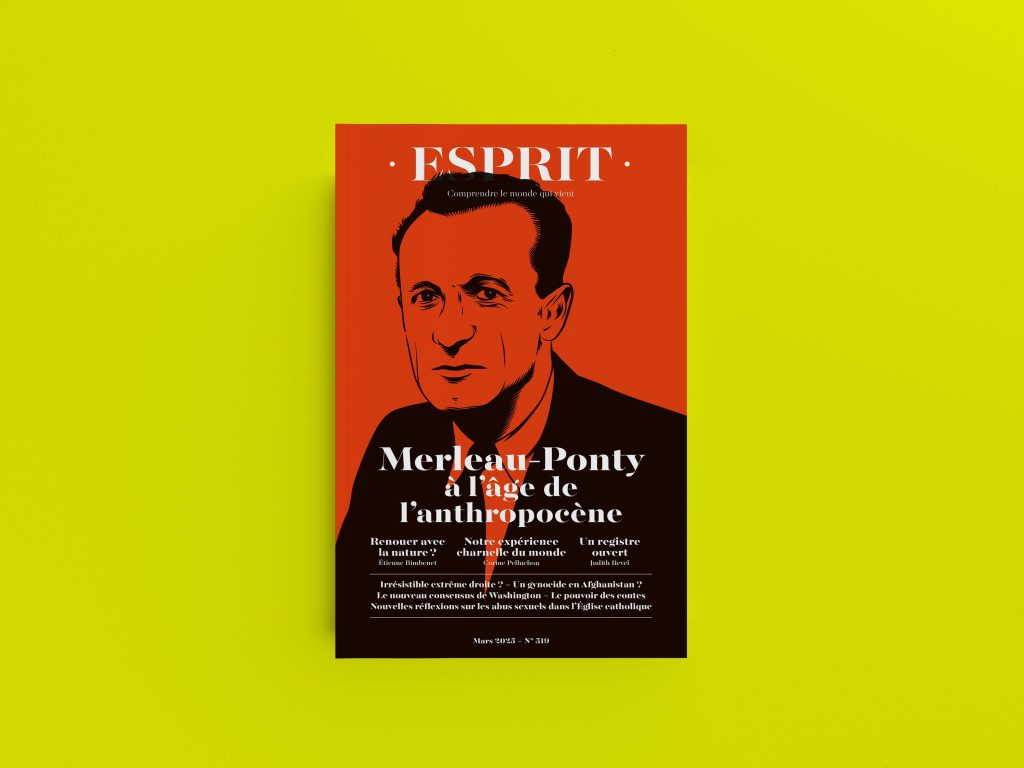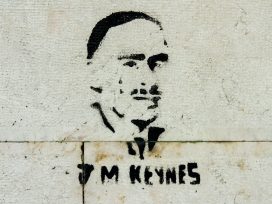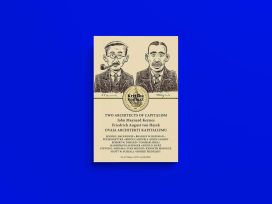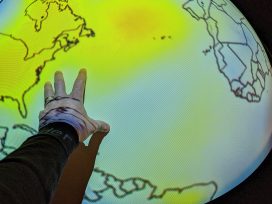Esprit revisits the philosophy of Maurice Merleau-Ponty: including Guillaume Le Blanc on ‘incarnation’; Corine Pelluchon on eco-phenomenology; and Judith Revel on Merleau-Ponty, ‘the eternal runner-up’.
Does Maurice Merleau-Ponty’s phenomenology have anything to offer in a time of ‘democratic, social, economic and environmental instability’? Guillaume Le Blanc, the editor of a dossier in Esprit 3/2025 on the twentieth-century French philosopher, believes he does.
In the philosophical tradition that runs from Nietzsche to Canguilhem, it is life that forms the primordial subject of ontology. But life has lost this foundational role in contemporary philosophy. Instead, philosophers now emphasize how lives are shaped by social, political and cultural forces. Rather than talking about life in general, we talk about the plurality of individual lives, each one shaped by its own set of conditions.
Merleau-Ponty’s fundamental claim is that the body has traditionally, though wrongly, been seen from a third-person perspective. Instead, we need a first-person account of what it is to have a body, and what it is to be a centre of perspective, surrounded by the world. In other words, what Merleau-Ponty seeks to explain is the fact of ‘incarnation’.

How can we adapt this concept to new ideas about the conditions that shape life? Judith Butler has recently argued that COVID-19 revealed the way in which our bodies are intermixed with those of others. Bodies are porous and permeable in a way that makes it impossible to think of them as sovereign. Instead, for Butler, the basic experience of incarnation is relationality, and ‘the world of the pandemic revealed that the borders of incarnation are only ever provisional’.
By adapting Merleau-Ponty’s thought to this new approach, what emerges is an account in which different bodies have different values, depending on how they are recognized and sustained by different forms of power. From this perspective, writes Le Blanc, being fully incarnated is something one must aspire to and work towards, rather than something we can take for granted.
Eco-phenomenology
When the first wave of environmental ethics emerged in the 1970s, it asked how our laws and ethical criteria should be modified to address ecological concerns, writes Corine Pelluchon.
This was followed by a more phenomenological approach, with thinkers like Kohák, Evernden and Toadvine arguing that we cannot see the natural world third-personally, as a set of objects or resources. Rather, we have to take a first-person view: the environmental crisis is ‘a crisis in our relationship to the world’, as Pelluchon puts it.
This is why Merleau-Ponty and his account of incarnation have been so valuable for these thinkers. Drawing on Husserl’s idea of the Lebenswelt, Merleau-Ponty gives us a way of understanding how our environment constitutes us, rather than simply being something to master.
But Pelluchon also draws out the limits of this approach. Eco-phenomenology has focused too much on our connection to nature. In doing so, it hasn’t paid enough attention to ‘pathological forms’: to the estrangement humans can feel from nature, or to the anxiety that pushes us to act against nature and our own interests.
If it can talk about these things, too, then Pelluchon sees phenomenology as offering the resources for a new political theory, one that emphasizes both ‘the sublime character of the human, our capacity to surpass ourselves, but also our destructiveness’.
Erasing Merleau-Ponty
In the period between his early death in 1961 and the 1990s, Merleau-Ponty largely fell out of sight. Even in his lifetime, he was often viewed as ‘the eternal runner-up’, particularly in relation to Sartre.
Judith Revel asks why this was. Merleau-Ponty, she argues, was erased from philosophical history because of his engagement with the topic of historicity. She focuses particularly on his inaugural lecture at the Collège de France, where he presents the concept of ‘good ambiguity’. This provides the framework for all his future thought.
Good ambiguity is a position that embraces openness and rejects systematicity. It refuses any sort of historical determinism and embraces ‘the complexity of the world’ and ‘the thickness of history’. With this insistence on openness, Merleau-Ponty broke with his colleagues, and this is where his erasure from the history of French philosophy began.
Fairy tales
Nicole Belmont’s research focuses on the formulas used to introduce fairy tales when they were primarily an oral tradition. She is particularly interested in using the methods of psychoanalysis to explore how fairy tales are created, and in the links between such tales and crafts like weaving and sewing. In her view, such stories have become weaker as they became predominantly written texts, because ‘the child no longer has the freedom to welcome the mental images that the human voice conjures up’.
Review by Cadenza Academic Translations
Published 15 April 2025
Original in English
First published by Eurozine
Contributed by Esprit © Eurozine
PDF/PRINTNewsletter
Subscribe to know what’s worth thinking about.
Related Articles

The chronicler of the life and ideas of Lucien Goldmann recalls what drew him to the writings of the Romanian-French Marxist at the tail-end of the countercultural revolution; how he gradually reconstructed Goldmann’s intellectual biography throughout the next two decades; and how after 1989 he was able to piece together the missing parts of his subject’s early life.

The debate between Keynes and Hayek must be between a historically accurate Hayek and a historically accurate Keynes. Only then can the differences – and the common ground – between these two key economists of the mid-20th century be understood.





